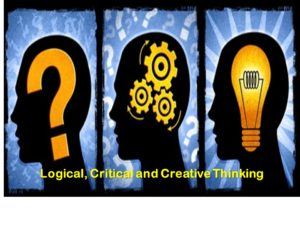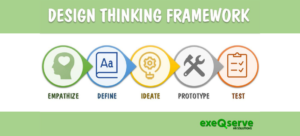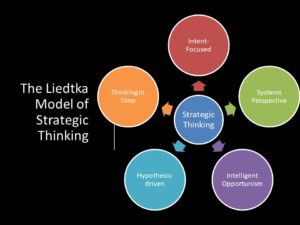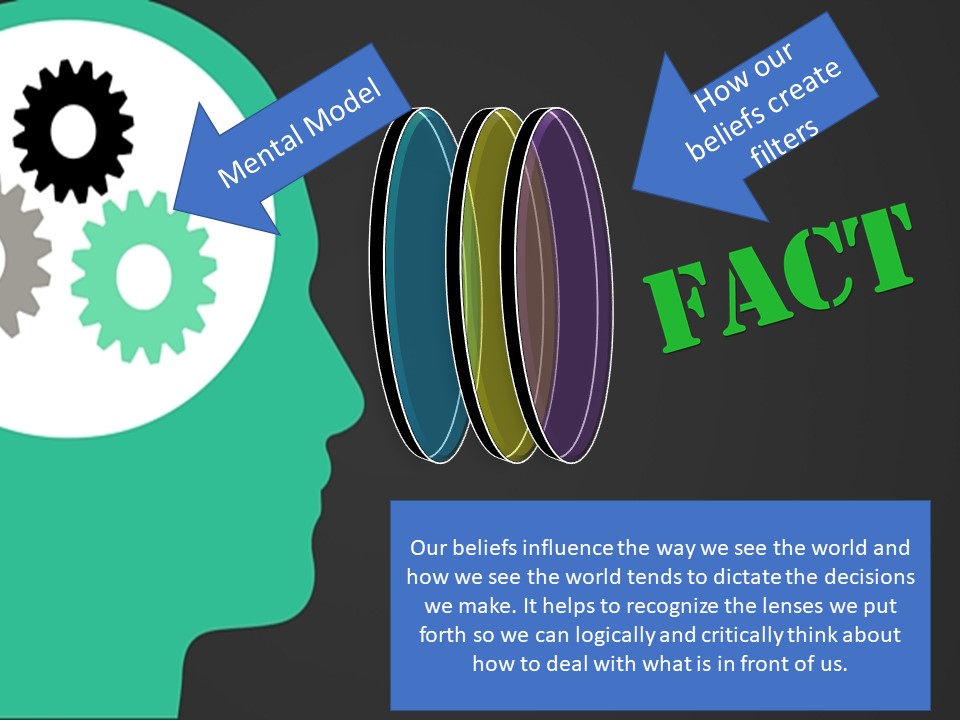It can sound insulting if you think about it. I’ve heard several participants express their feelings about being sent to a training entitled Emotional Intelligence, Logical Thinking, or Strategic Thinking. I mean how would you feel if your boss one day tells you, you need training on emotional intelligence? I know, right? But we all need to enhance our thinking skills, you and me!
I believe that personal mastery is achieved when we have a better handle of our thinking. The less impulsive or in autopilot we are, the more quality our thinking will be, and we all know how that impacts our performance. We need to take the stigma away from interventions like these and be more open to the opportunity to better our thinking.
Why do we need it? According to study, we are on autopilot almost half the time. This means that we do things while our minds are somewhere else. Being on autopilot is useful. Brushing your teeth, doing your laundry and all similar and very familiar stuff don’t require a lot of thinking. However, when we become overly familiar with work, we also tend to go on autopilot there, often making bad decisions because we treat new situations as old.
As a society, we are enamored with fast thinking. We admire people who win in quiz bees. We applaud game participants who can answer questions quickly. On the other hand, we get frustrated when we are told to wait because the person is thinking. We call careful thinking indecisiveness. This is why we are often forced to take familiar actions even in slightly new situations that require a different mental model.
At ExeQserve, we have designed several programs to help learners use tactics to master their thinking process. Here are some of the courses we offer:
Logical, Critical and Creative Thinking
 This course help participants revisit the principles of logic in understanding situations and making sense of things. They will enhance their use of critical thinking to achieve clarity and depth of understanding, they will learn to challenge both their thinking and that of others, demonstrating both humility and courage to accept that one does not know enough and the courage to seek answers from within or outside. Both logical and critical thinking are essential in the creative process. This one-day course help learner go both linear and nonlinear in using these thinking skills to understand situations, recognize opportunities and create solutions.
This course help participants revisit the principles of logic in understanding situations and making sense of things. They will enhance their use of critical thinking to achieve clarity and depth of understanding, they will learn to challenge both their thinking and that of others, demonstrating both humility and courage to accept that one does not know enough and the courage to seek answers from within or outside. Both logical and critical thinking are essential in the creative process. This one-day course help learner go both linear and nonlinear in using these thinking skills to understand situations, recognize opportunities and create solutions.
Systems Thinking
 This course will introduce participants to systems and systems thinking. We will consider the merits of looking at wholes, rather than unconnected parts, and we will explore ways in which the learners can make use of the nature of systems, even in complex, unpredictable environments, to influence outcomes in a more profound way than can be achieved with `linear or `mechanistic thinking
This course will introduce participants to systems and systems thinking. We will consider the merits of looking at wholes, rather than unconnected parts, and we will explore ways in which the learners can make use of the nature of systems, even in complex, unpredictable environments, to influence outcomes in a more profound way than can be achieved with `linear or `mechanistic thinking
Design Thinking
 The design thinking process is what puts creativity into action. It’s a structured problem-solving approach where ideas are generated and evolved to design solutions for the end users. It’s a deeply human approach that relies on your ability to be intuitive, to interpret what you observe and to develop ideas that are emotionally meaningful to those you are designing for.
The design thinking process is what puts creativity into action. It’s a structured problem-solving approach where ideas are generated and evolved to design solutions for the end users. It’s a deeply human approach that relies on your ability to be intuitive, to interpret what you observe and to develop ideas that are emotionally meaningful to those you are designing for.
Strategic Thinking
 The Liedtka Model of Strategic Thinking has 5 Elements; Systems Perspective, Intent Focus, Thinking in Time, Hypothesis Driven and Intelligent Opportunism. This course puts context to these elements and offers a structured way in applying them in strategy development, whether it is short of long-term planning.
The Liedtka Model of Strategic Thinking has 5 Elements; Systems Perspective, Intent Focus, Thinking in Time, Hypothesis Driven and Intelligent Opportunism. This course puts context to these elements and offers a structured way in applying them in strategy development, whether it is short of long-term planning.
In all these courses, we emphasize the importance of how mental model works and affects the way we view the world, understand it and decide what to do with it. We believe that when people have a better understanding of their own thinking process, they will have more effective and efficient way of utilizing it in pursuing goals and addressing their daily challenges.
Interested to know more about these courses?
Call us!









